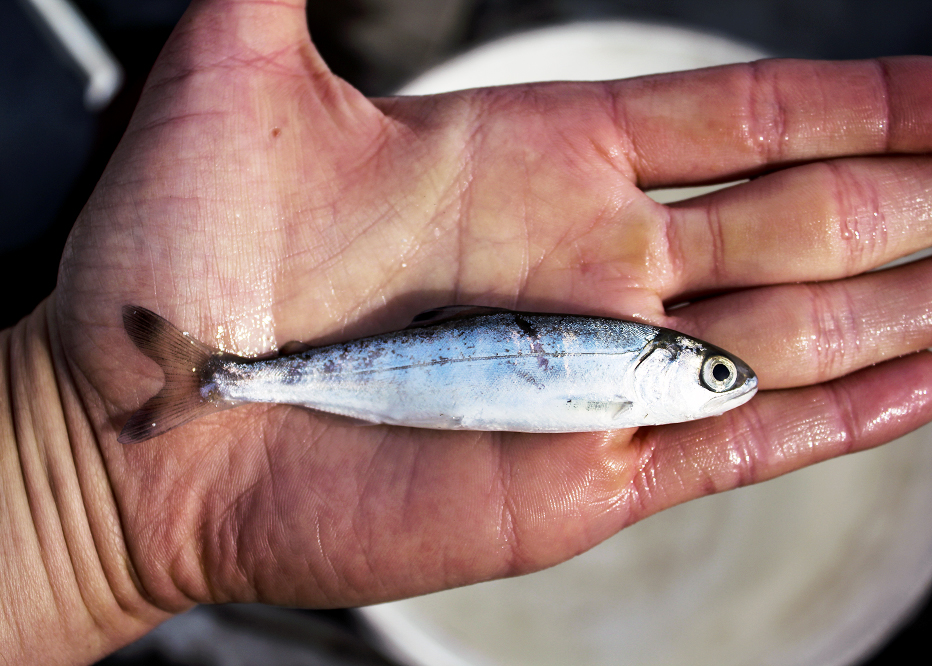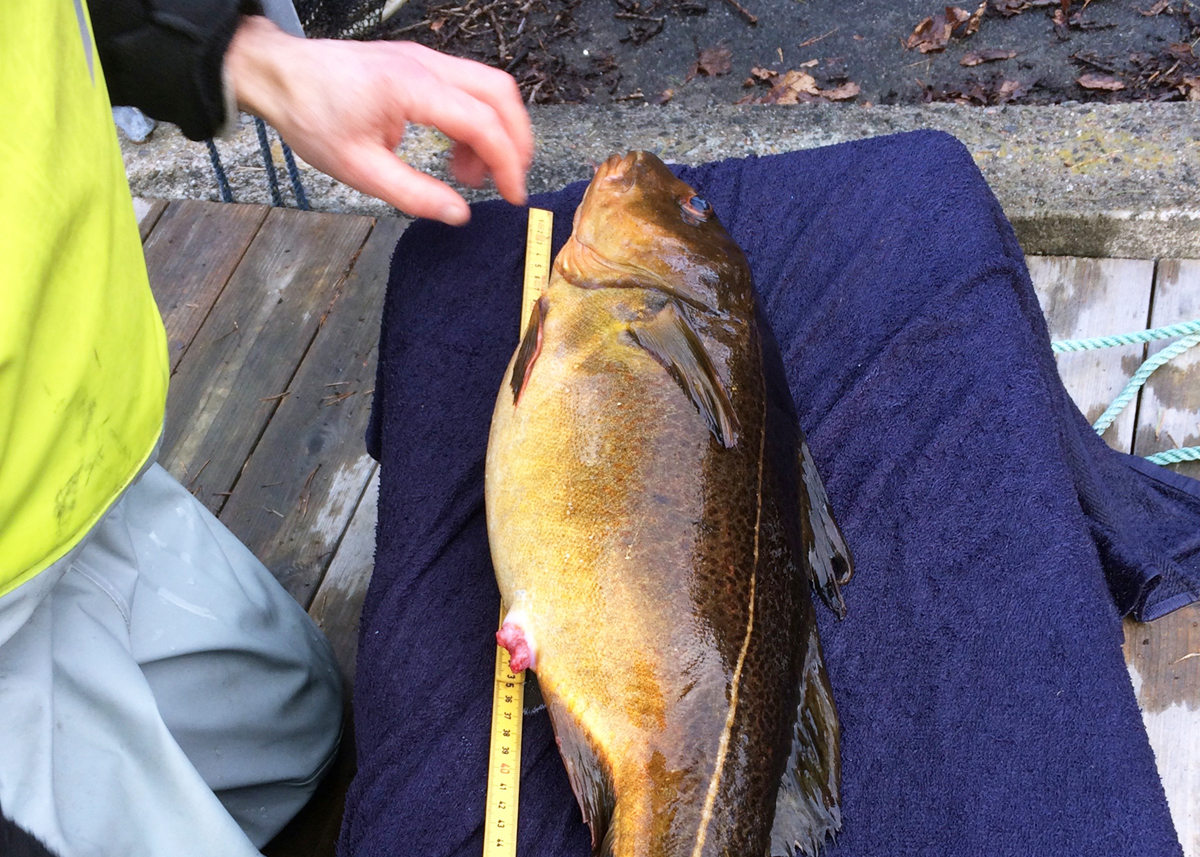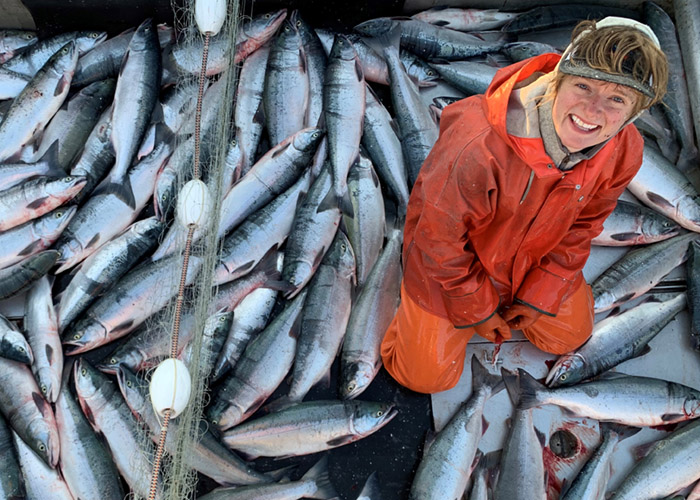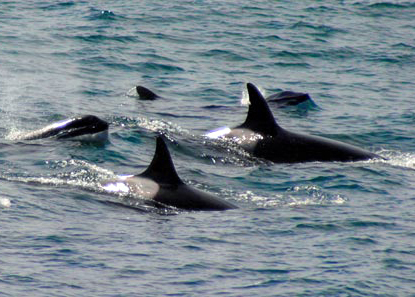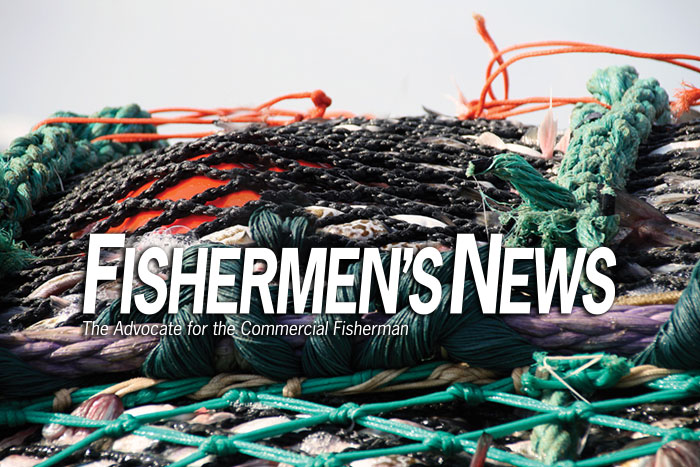NOAA-YDFDA Partner in Chinook Study
A partnership between federal and state agencies with local fishermen is underway to find answers to a decline of Chinook salmon populations on Alaska’s Yukon River.
The partnership research involves NOAA Fisheries, Alaska Department of Fish and Game and the Yukon Delta Fisheries Development Association. It’s now part of NOAA’s new Citizen Science Strategy, released in January, in which community-based collaborations increase the cost effectiveness of projects and provide hands-on science, technology, engineering and math learning. They also connect the public directly with NOAA science missions.
The combined efforts of NOAA Fisheries and YDFDA proved particularly valuable last year, when the COVID-19 pandemic shut down NOAA’s ability to conduct fieldwork. COVID restrictions in place t...

